We may earn money or products from the companies mentioned in this post. This means if you click on the link and purchase the item, I will receive a small commission at no extra cost to you ... you're just helping re-supply our family's travel fund.

Hotel upgrades often look like magic from the outside, as if certain travelers carry secret status everywhere they go. In reality, many upgrades come from small behaviors that make staff workdays easier, not harder. Front desk teams juggle late arrivals, overbooked dates, and maintenance surprises in real time. Guests who understand that rhythm, arrive prepared, and ask clearly often land nicer rooms without pushing. The tricks below are simple, ethical, and built on respect rather than pressure.
Joining The Loyalty Program Before Booking
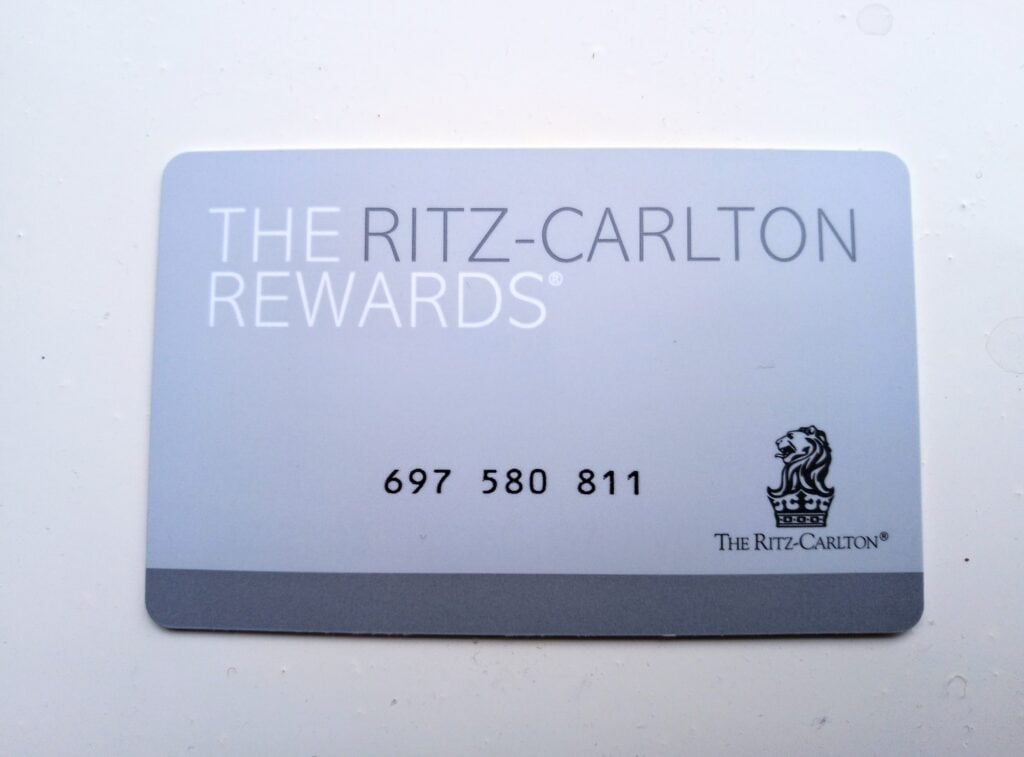
Frequent travelers quietly stack the odds by joining a hotel’s loyalty program before a reservation ever gets made. Even base-level members show up in the system as more than a one-off guest, which helps when staff decide who gets the better leftover rooms. Points, late check out, and welcome amenities all start to build a relationship. Over time, consistent membership often nudges an agent toward a complimentary view or higher floor when inventory allows.
Booking A Flexible But Not The Cheapest Room

Guests who book the rock bottom category leave little room for an upgrade ladder. Savvy travelers often choose a mid-tier room with a flexible rate, which places them closer to suites or premium views. When the hotel needs to reshuffle inventory, it becomes easier to bump that guest up a level to free space below. The desk team sees a reservation that already shows some commitment to the property rather than a coupon-driven fling.
Arriving At A Strategic Time Of Day
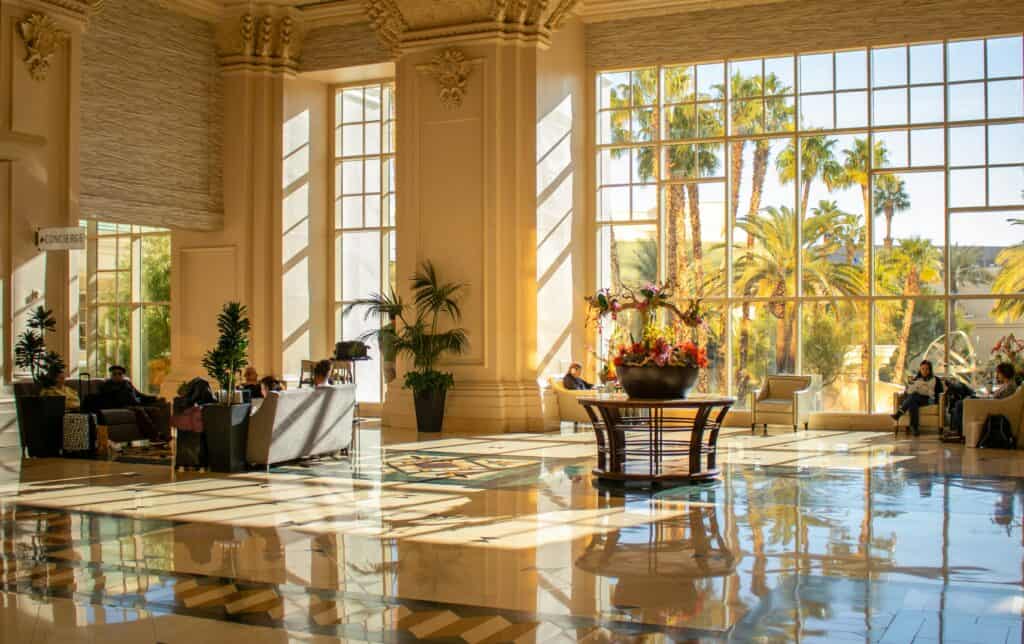
Most complimentary upgrades get handled during check in, after housekeeping updates which rooms are clean and which guests have already arrived. Guests who reach the desk in mid-afternoon often catch the sweet spot: enough rooms are ready, and staff can see remaining arrivals clearly. Very early arrivals and very late ones both reduce options. A calm lobby and a staff member who is not drowning in a tour group check in create the best environment for a quiet upgrade.
Mentioning Special Occasions Without Demanding Perks
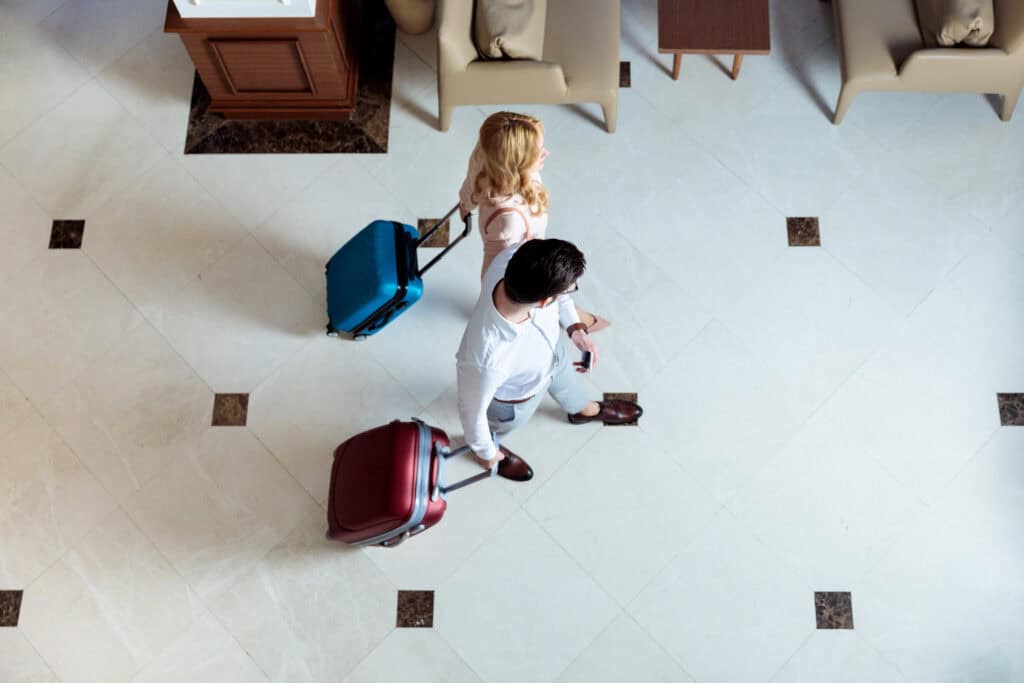
Front desk agents see plenty of entitlement. A simple, sincere note in the booking about an anniversary, milestone birthday, or once-per-year family trip stands out more than a speech about deserving an upgrade. When staff have room to play with inventory, they often enjoy making those stays feel special. The key is tone. A gentle mention gives room for a nice surprise. A hard demand for balloons, free champagne, and a suite usually has the opposite effect.
Being Pleasant, Clear, And Specific At Check In

A calm greeting and a short, direct request often work better than charm campaigns. A guest who smiles, confirms details quickly, and then asks whether any complimentary upgrades or higher floors might be available feels easy to help. Staff can check inventory without theatrics. If nothing is open, the same guest may still land a better view, quieter wing, or late checkout. Front desk teams remember who treats them like people, and that memory often pays off on future stays.
Building A Relationship With One Chain Or City Hotel
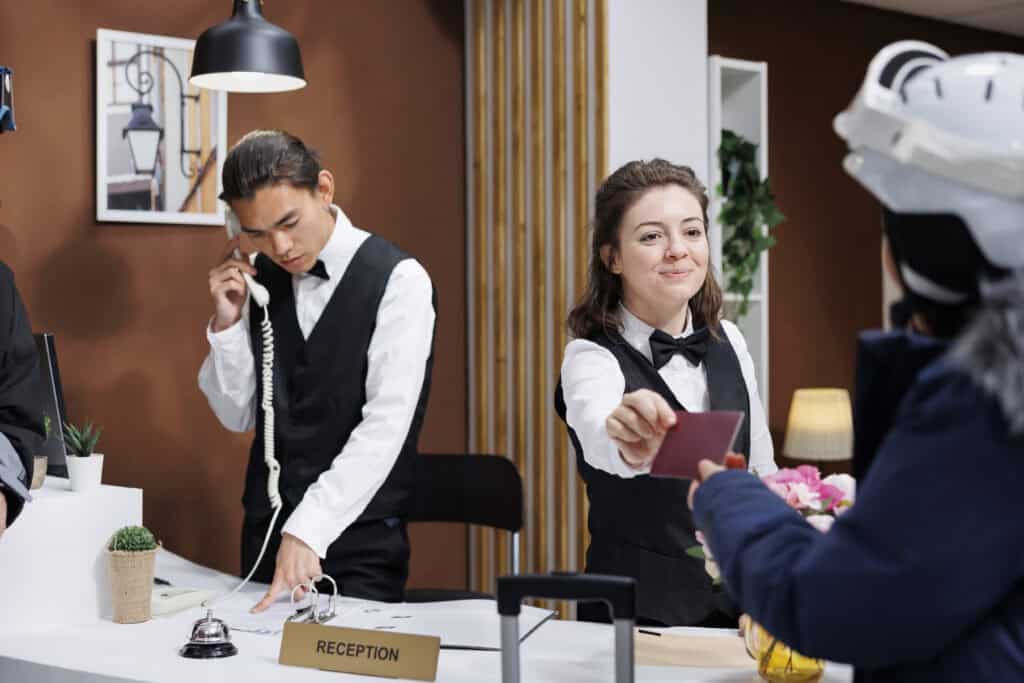
Regulars are gold in the hotel world. A traveler who returns to the same property or small group of properties becomes part of the mental map for managers and front desk leads. Names get recognized, preferences get noted, and small gestures grow over time. An occasional thank you email or a genuine compliment to a supervisor about a specific staff member cements goodwill. When occupancy allows, those are the guests who quietly move up the room ladder.
Emailing The Hotel Directly Before Arrival
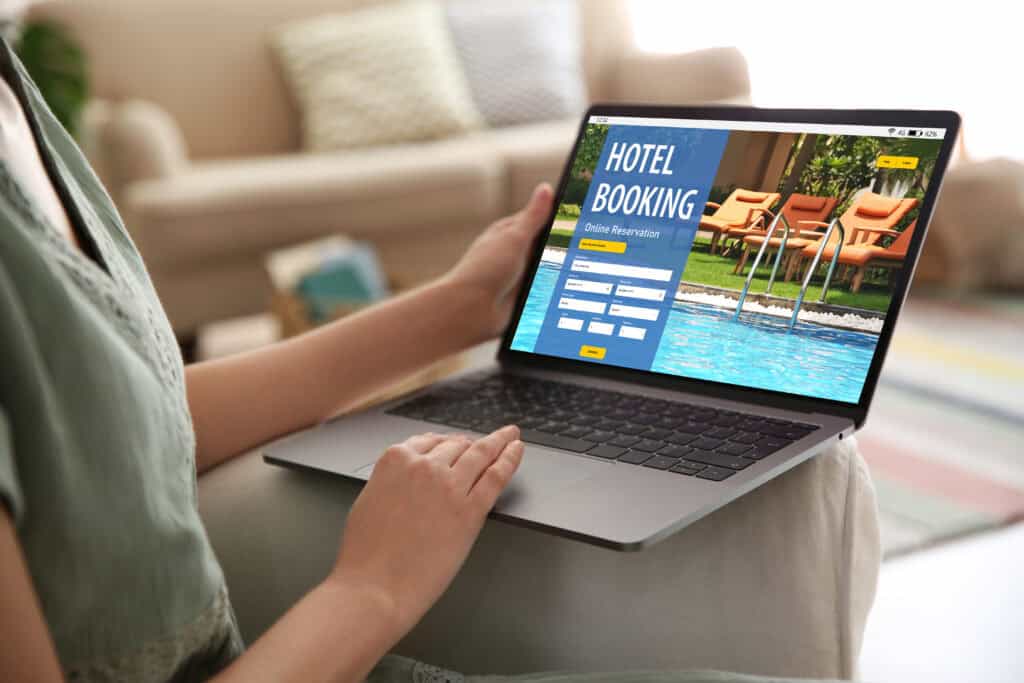
A short, respectful message to the hotel a few days before arrival can set the stage. A guest might confirm arrival time, mention a soft preference like a higher floor, and note any special reason for the trip. The best notes stay brief and appreciative, not transactional. That email often lands on a front office manager’s screen during planning, which is exactly where upgrade decisions start. Clear communication turns the stay into a relationship rather than just a booking number.
Staying On Quieter Nights Or Shoulder Seasons
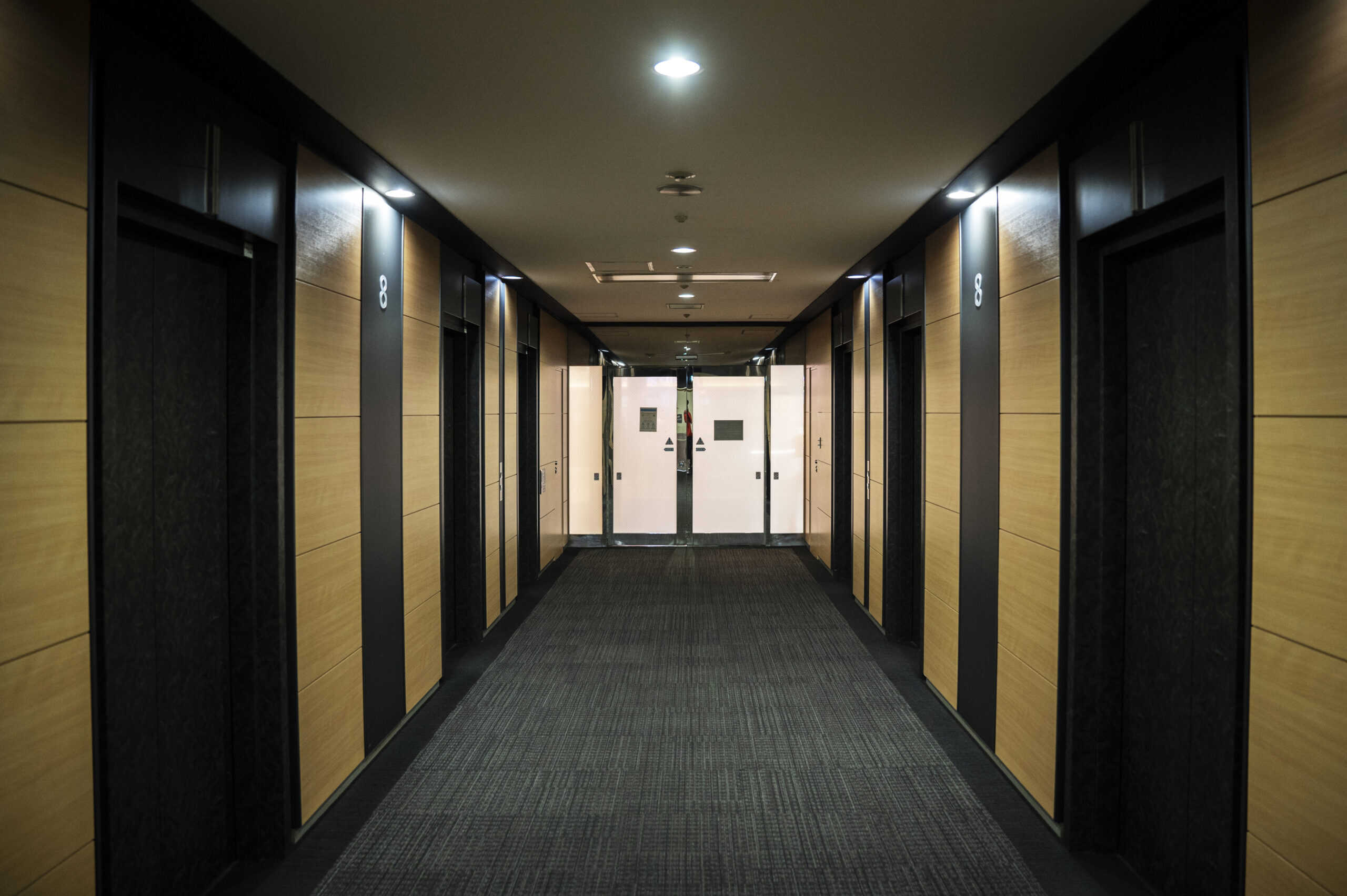
Complimentary upgrades live or die on occupancy. When a property runs at or near full capacity, every room counts and free moves become rare. Travelers who favor Sunday nights, midweek stays, or shoulder seasons give hotels more slack. That extra space allows managers to cluster groups, protect elite guests, and still reward pleasant surprises. The same budget can buy a standard room on a Saturday or a top-floor view on a slower night, simply through timing.
Accepting “No” Gracefully And Playing The Long Game

Not every stay will yield a better room, even when every trick lines up. Weather, events, and maintenance all steal inventory behind the scenes. Guests who accept a polite no with kindness and zero attitude stand out in hotel memory far more than guests who argue. The next time that name appears in the system, a note may already sit on the file. Over months and years, that quiet, patient approach often wins more upgrades than any single clever phrase.